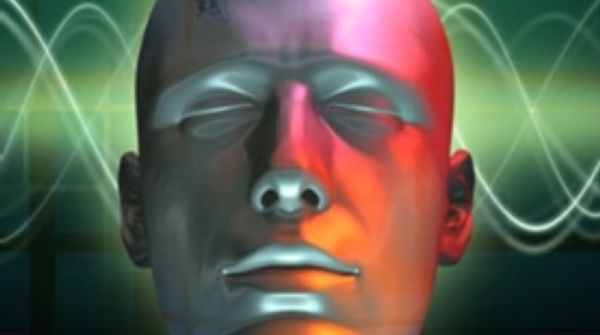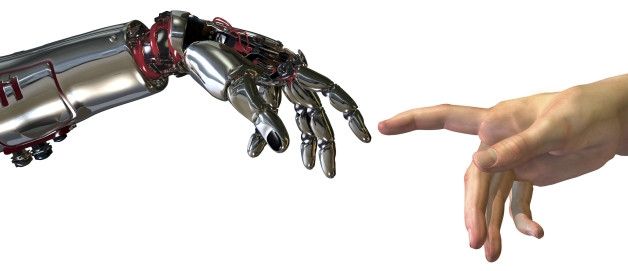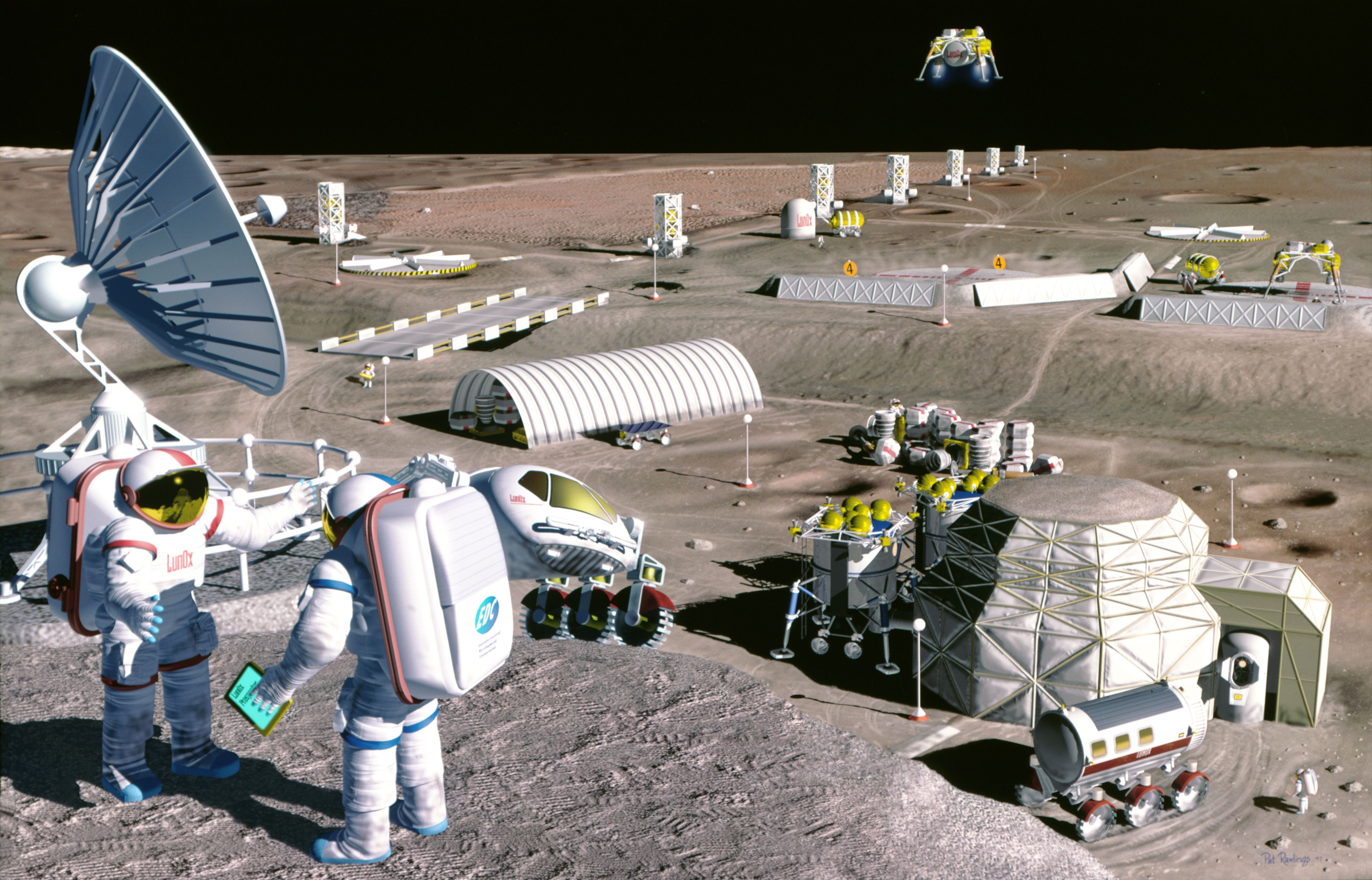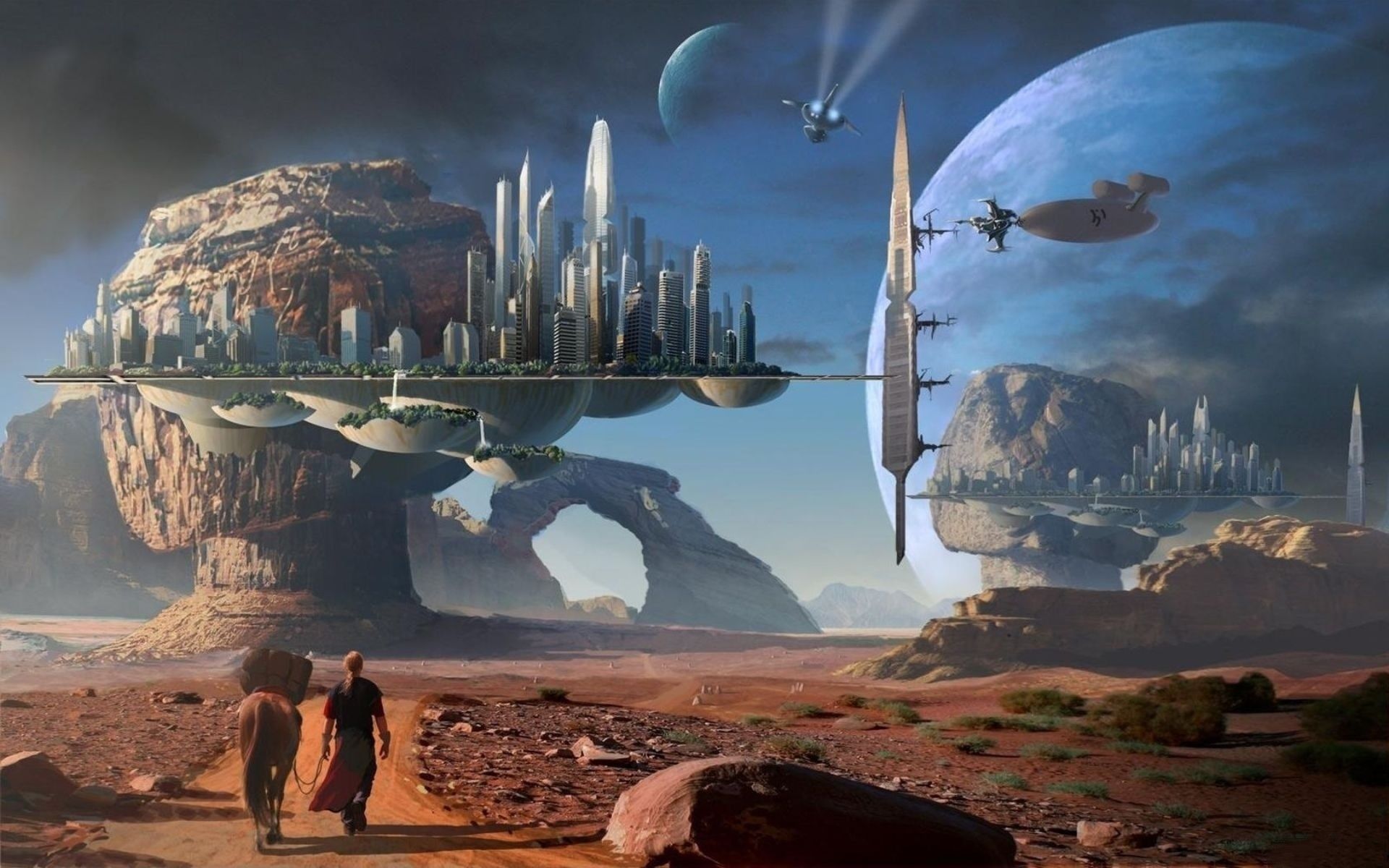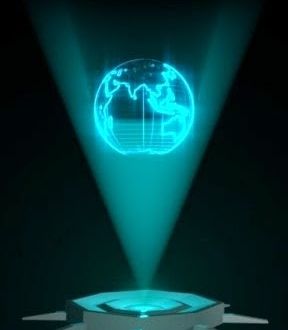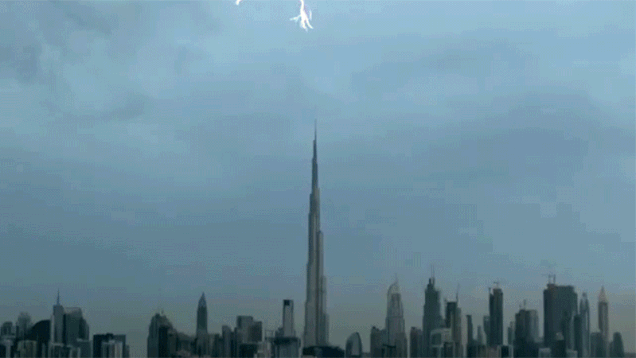Page 11363
Mar 10, 2016
Researchers reveal AI system that can identify suspects through their ‘V’ signs
Posted by Karen Hurst in category: robotics/AI
Not sure that I buy into this one. Hand gestures like anything else is often influenced by someone’s background, culture, etc. It is a known fact that in the US we have terrorists of all backgrounds not just from a particular origin, etc.; so not sure that it would have picked someone like Timothy McVeigh as a terrorist. https://lnkd.in/b4kws3t show.
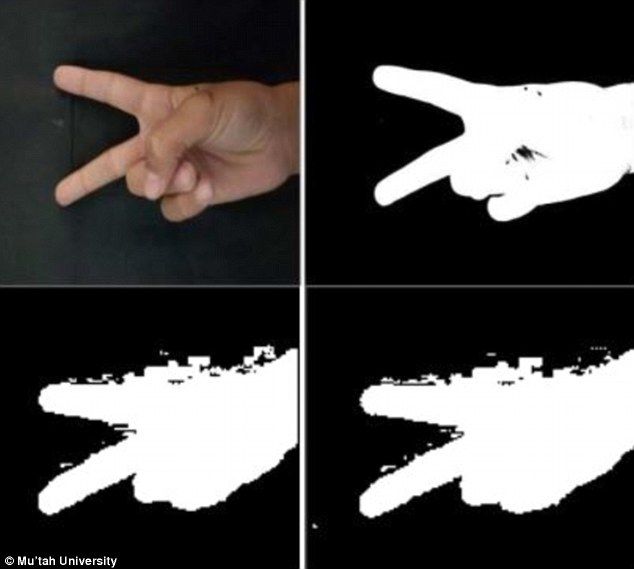
Gruesome videos of terror-driven killings have grown increasingly common over the years, and, cloaked by a scarf or a hood, the perpetrators can be difficult to identify. Researchers in Jordan have now developed a way to recognize terrorists when they make the commonly displayed ‘V’ sign.
Continue reading “Researchers reveal AI system that can identify suspects through their ‘V’ signs” »
Mar 10, 2016
Is Artificial Intelligence Being Oversold?
Posted by Karen Hurst in categories: cybercrime/malcode, information science, robotics/AI
I believe there are good advances in AI due to the processing performance; however, as I highlighted earlier many of the principles like complex algorithms along with the pattern & predictive analysis of large volumes of information hasn’t changed much from my own work in the early days with AI. Where I have concerns and is the foundational infrastructure that “connected” AI resides on. Ongoing hacking and attacks of today could actually make AI adoption fall really short; and in the long run cause AI to look pretty bad.
A debate in New York tries to settle the question.
By Larry Greenmeier on March 10, 2016.
Continue reading “Is Artificial Intelligence Being Oversold?” »
Mar 10, 2016
What is the relation between Artificial Intelligence and Machine Learning?
Posted by Karen Hurst in categories: information science, robotics/AI
When I work on AI today and looking at it’s fundamental principles; it is not that much different from the work that I and another team mate many years ago did around developing a RT Proactive Environmental Response System. Sure there are some differences between processors, etc. However, the principles are the same when you consider some of the extremely complex algorithms that we had to develop to ensure that our system could proactively interrupt patterns and proactively act on it’s own analysis. We did have a way to override any system actions.
These questions originally appeared on Quora — the knowledge sharing network where compelling questions are answered by people with unique insights.
Answers by Neil Lawrence, Professor of Machine Learning at the University of Sheffield, on Quora.
Continue reading “What is the relation between Artificial Intelligence and Machine Learning?” »
Mar 10, 2016
We Could Be Living On The Moon In 10 Years Or Less
Posted by Gerard Bain in categories: 3D printing, robotics/AI, space travel
Mar 10, 2016
White House turns to science fiction for space colonization ideas
Posted by Sean Brazell in category: space
Life often imitates art, and the White House is hoping that theory can prevail when it extends to space travel.
As Gizmodo reports, the White House’s Office of Science and Technology brought together scientists, engineers, artists and policymakers as part of a workshop a few weeks ago to talk about what space colonization will look like and what it will mean for humanity. It was basically a “big idea” summit, with an interesting mix of perspectives imagining what a future in the stars might look like.
The summit was broken into several categories:
Continue reading “White House turns to science fiction for space colonization ideas” »
Mar 10, 2016
A Strange New Theory of How Space-Time is Emerging
Posted by Andreas Matt in categories: computing, cosmology, quantum physics
“A metaphorical chip holding all the programming for our universe stores information like a quantum computer.” This is the radical insight to the foundation of our Universe developed by Mark Van Raamsdonk, a professor of theoretical physics at the University of British Columbia, that says that the world we see around us is a projection from a set of rules written in simpler, lower-dimensional physics—just as the 2D code in a computer’s memory chip creates an entire virtual 3D world. “What Mark has done is put his finger on a key ingredient of how space-time is emerging: entanglement,” says Gary Horowitz, who studies quantum gravity at the University of California Santa Barbara. Horowitz says this idea has changed how people think about quantum gravity, though it hasn’t yet been universally accepted. “You don’t come across this idea by following other ideas. It requires a strange insight,” Horowitz adds. “He is one of the stars of the younger generation.”
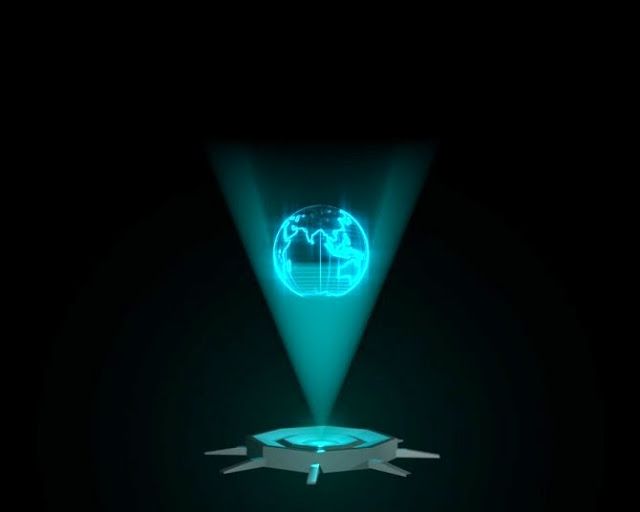
“We’re trying to construct a dictionary,” says Van Raamsdonk, that allows physicists to translate descriptions of our complex universe into simpler terms. If they succeed, they will have found the biggest jigsaw piece in the puzzle of a Grand Unified Theory—something that can describe all of the forces of our universe, at all scales from the atomic to the galactic. That puzzle piece is, specifically, something that can describe gravity within the framework of quantum mechanics, which governs physics on small scales. Such a unified theory is needed to explain the extreme scenarios of a black hole or the first moments of the universe.”
Continue reading “A Strange New Theory of How Space-Time is Emerging” »
Mar 10, 2016
Watch a Spectacular Lightning Show Splinter Across the Skies Over Dubai
Posted by Sean Brazell in categories: climatology, habitats
Dubai’s skyline is an ever-growing collection of impressive towering skyscrapers, including the Burj Khalifa, the tallest building in the world. And you know what loves tall buildings even more than tourists do? Lightning.
Instagrammer faz3, also known as Sheikh Hamdan Bin Mohammed Bin Rashid Al Maktoum (the Crown Prince of Dubai), captured this amazing lightning show over Dubai at 1,977 frames per second, turning what is normally a split second occurrence into a beautifully drawn-out ballet of bolts splintering their way across a dark stormy sky.
Mar 10, 2016
AlphaGo machine-learning program defeats top Go player in first match
Posted by Sean Brazell in category: robotics/AI

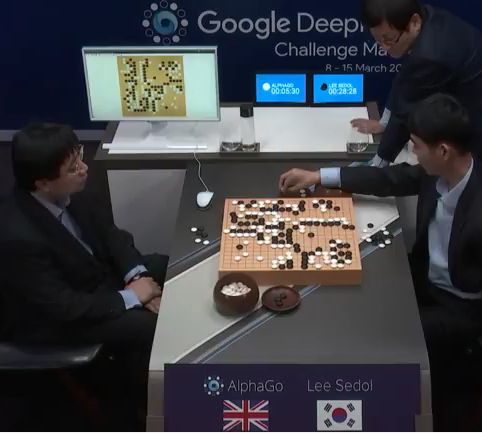
Google DeepMind’s machine-learning AlphaGo program has defeated South Korean Go champion Lee Sedol in the first match of five historic matches between human and AI, taking place in Seoul.
Continue reading “AlphaGo machine-learning program defeats top Go player in first match” »
Mar 10, 2016
There are ways the FBI can crack the iPhone PIN without Apple doing it for them — By Peter Bright | Ars Technica
Posted by Odette Bohr Dienel in categories: privacy, security
“There may well be approaches that don’t require Apple to build a custom firmware to defeat some of the iPhone’s security measures.”


